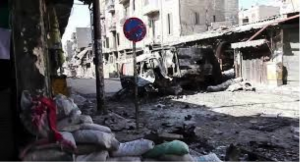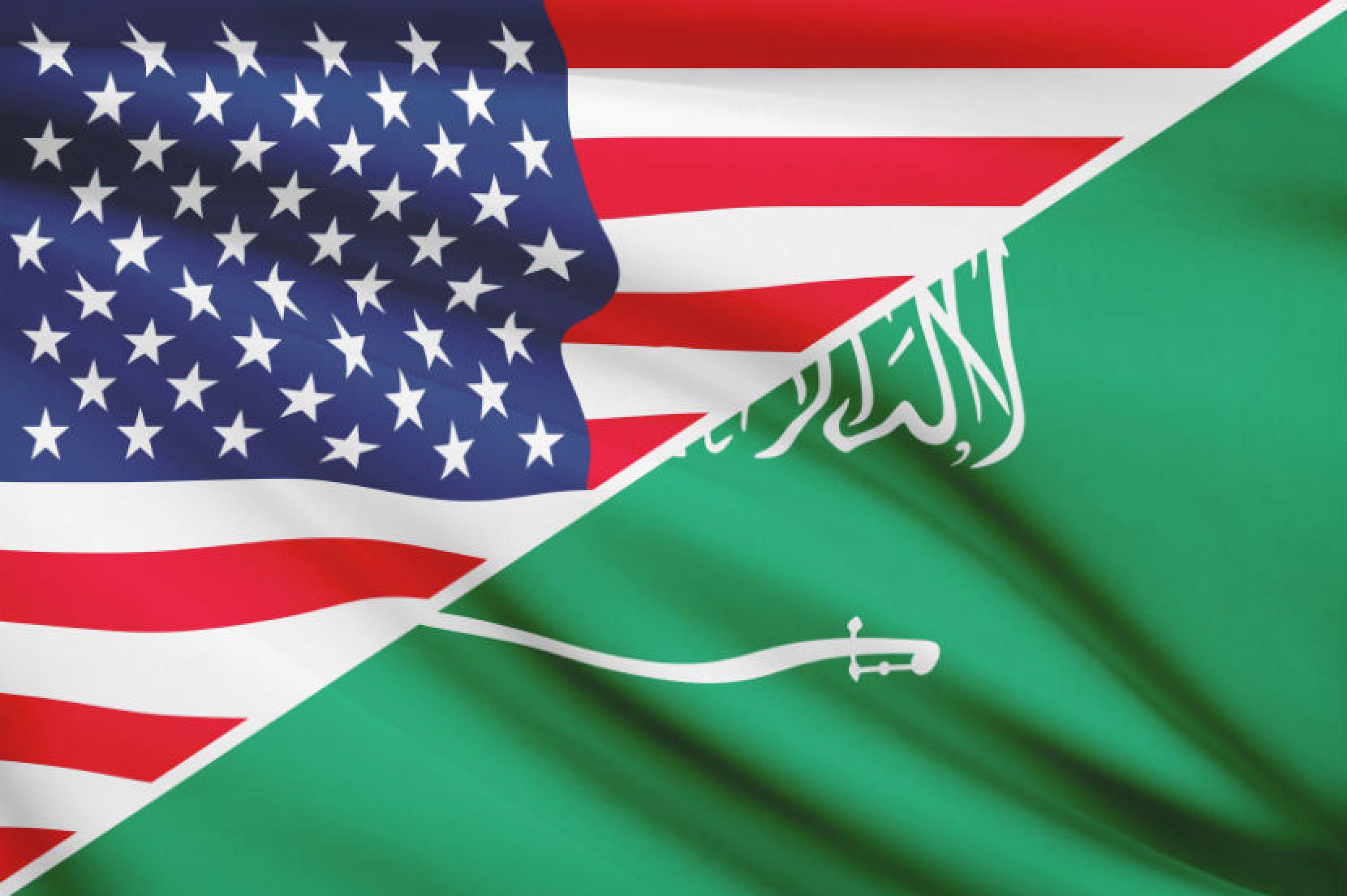If you’ve read any recent news story about Syria, the chances are that the reporter who drafted it is not in Syria. In fact, they probably haven’t been there for months.
On one hand, visas are nearly impossible to procure from the regime. On the other, the spread of a violent fundamentalist rebel group called the Islamic State of Iraq and Greater Syria, or ISIS (or, in Arabic, Da’ash) began kidnapping journalists and holding them hostage for ransom. Dozens are still in captivity.
If you’re watching Syrian politics, ISIS is the most important non-state actor to follow at the moment. Linked to al-Qaeda, ISIS was founded in an attempt to unite the umma (Muslim community of believers) under one political rule, starting with the states of Iraq and Syria. ISIS began to sever itself from this original, al-Qaeda-imposed vision of slowly building support for an Islamic state through gradual public affairs campaigns, instead focusing on ruthlessly imposing sharia law immediately and establishing firm rule on conquered Syrian territory. ISIS showed no mercy to the Syrian people when it appeared in April: Alawites were beheaded, journalists were captured, young men who were accused of heresy were put to death, and flyers were distributed instructing women on how to dress.
ISIS waged war not only on the regime, but also on other opposition groups with which it did not agree, defeating groups such as Islamist Ahfad al-Rasoul, the Northern Storm, and the armed forces of Syria’s Kurdish party, the PYD. In addition, ISIS clamped down upon the border between Syria and Turkey, making it difficult to find supplies and manpower. All of the violence and the border controls have seemed a bad omen for the moderate rebel groups known as the Free Syrian Army. It’s also bad news for the international community, as it’s difficult to get information in or out of the country.
Many Syrians have joined ISIS because it seems to be less corrupt and more permanent than other rebel groups, but according to Sarah Burke of the New York Review, few support ISIS’s extreme view of society. In fact, despite the physical danger, some citizens recently held a protest of ISIS in Raqqa.
In the past week, infighting between rebel groups in Syria has left more than 500 dead. Some groups, including Nursa (which supports incremental change towards establishing an Islamic state, the dream which ISIS abandoned) have banded together to challenge the power of ISIS. This challenge comes at a particularly critical time; on Jan. 22, international actors will gather together at the Geneva II talks to discuss achieving peace in Syria. It is critical to know, at this meeting, whether ISIS is a group that should be heavily considered.
Where do we go from here? First, the Obama administration needs to adjust their expectations for the Jan. 22 peace talks with Syrian rebel forces. One of the main actors at the talks is the Syrian National Coalition, an umbrella organization of dozens of rebel groups that oppose Bashar al-Assad’s regime. The SNC is in disarray. Since many representatives in the SNC are now forced to live in exile in Europe, some Syrians have claimed that the group is out of touch and does not accurately represent their viewpoint. If the Syrian people do not view the SNC as a valid actor, there is no guarantee that the people will accept or agree to implement any treaties that are agreed to at the conference. The United States needs to begin negotiations and discussions with groups who are actually, actively involved in the Syrian conflict and are viewed by the Syrian people as legitimate representatives.
At the same time, Iran – which is one of the most important actors in the Syrian conflict, alongside its regional rival, Saudi Arabia – has not been invited to the peace talks by the United Nations. Secretary of State John Kerry has stated he would welcome Iran’s participation in the peace talks, contingent upon Tehran’s agreement that any transitional government in Syria would not include Assad. The UN needs to reconsider inviting Iran to the table, as alienating such a critical regional power will not benefit the Syrian people. The Syrian conflict was created precisely because large regional powers meddled in Syria; it needs to have these same powers’ support to fully be resolved.
At the same time, ISIS’s hold over the north and its control over borders means that moderate groups are being starved out of power and influence. If Assad falls today, a moderate will not fill his position; rather, a fundamentalist will fill it. The U.S. Government should reconsider issuing non-lethal aid to moderate groups through the State Department, or else risk losing the region to violent extremism.


